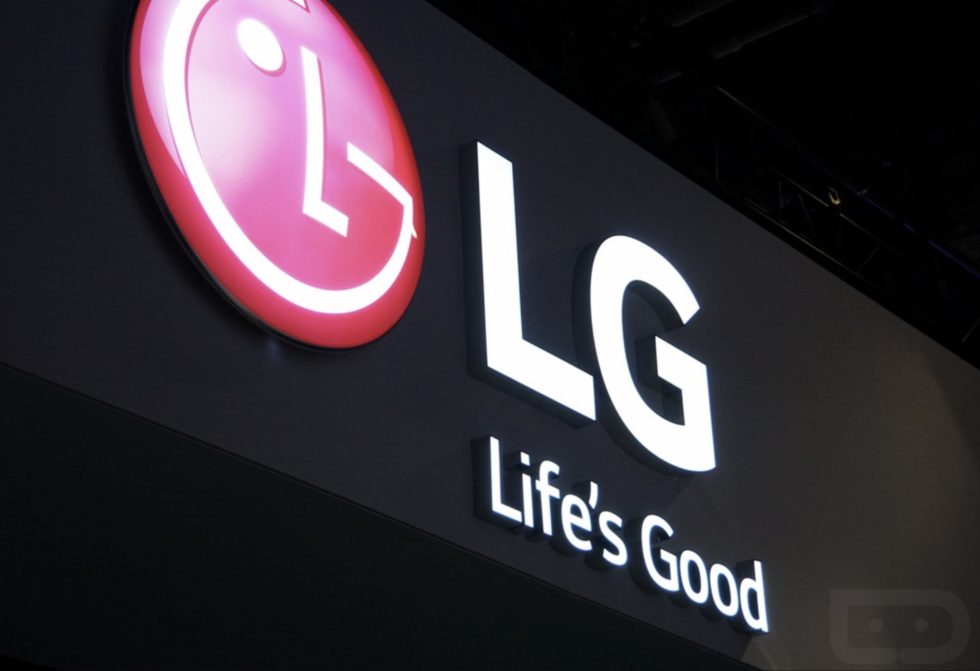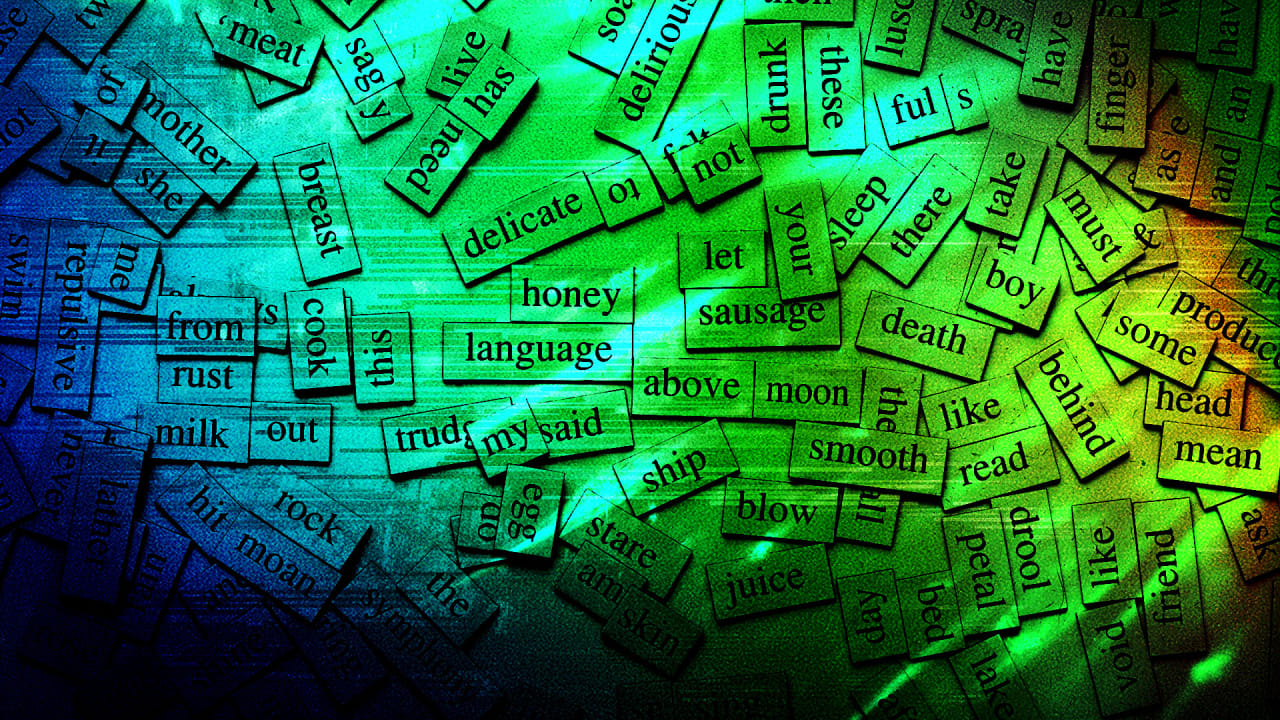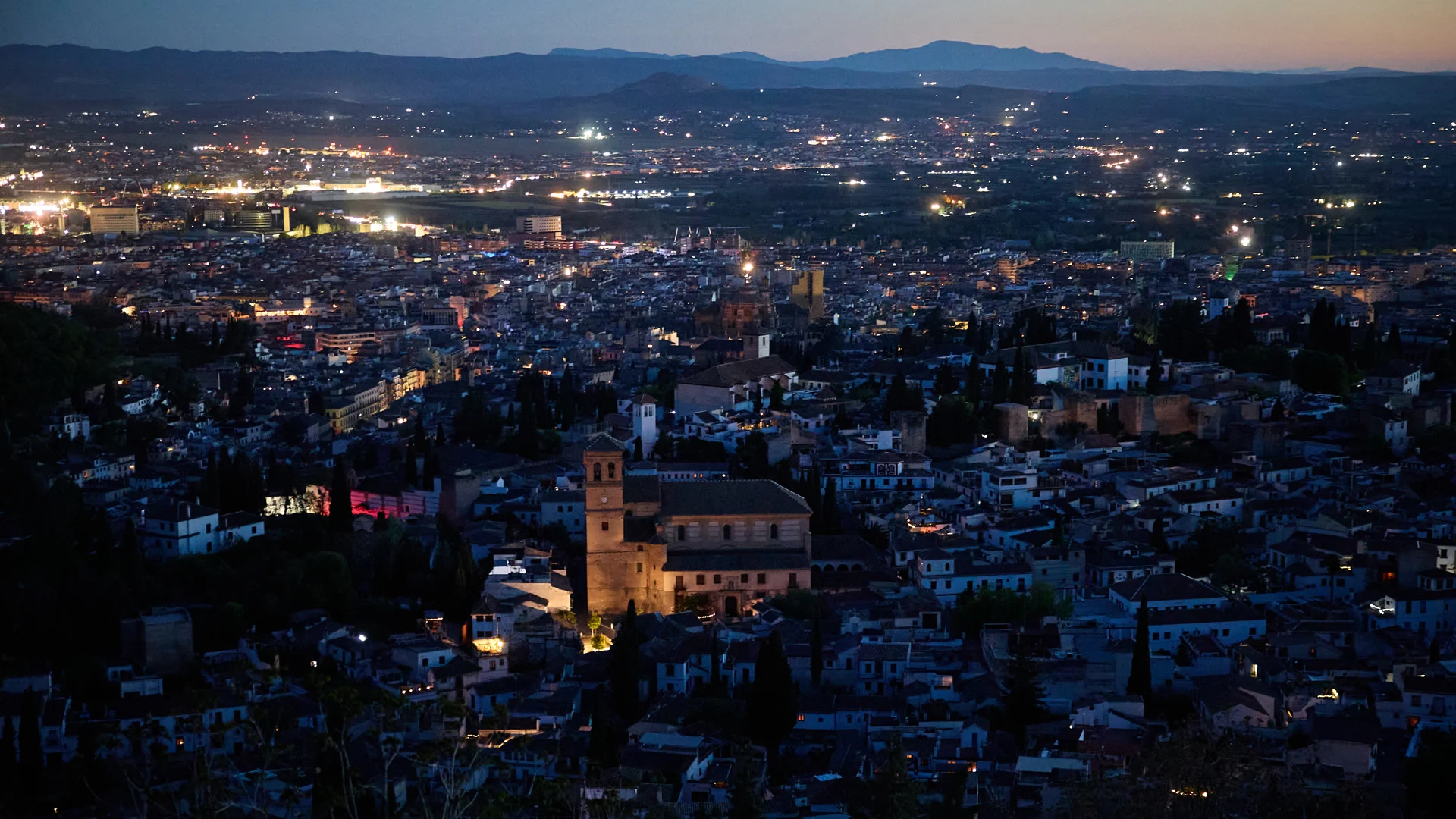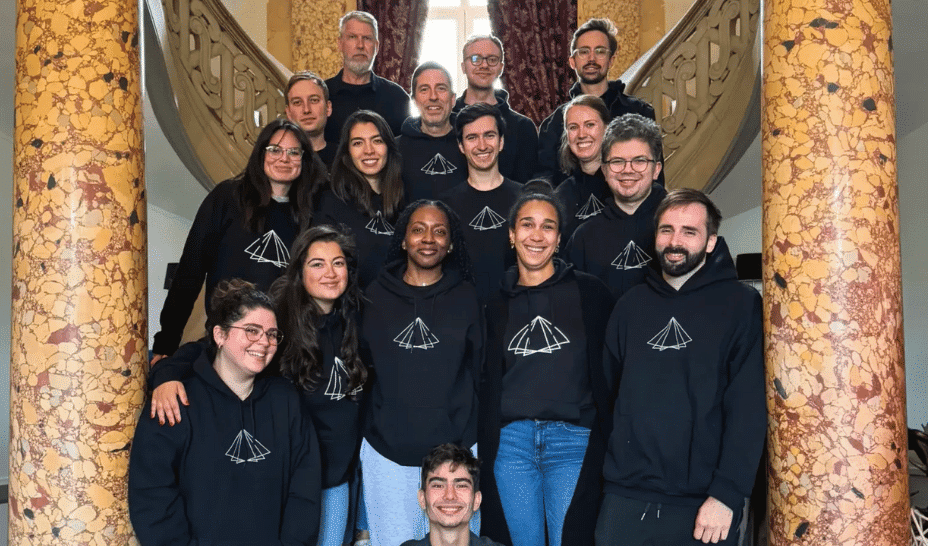Immortality Might Be an Illusion of Dimensions
Immortality Might Be an Illusion of Dimensions Introduction Since ancient times, humanity has been fascinated by the idea of "immortality." Religions, myths, technology, and philosophy — all have explored this ultimate question. While modern technology has yet to unlock the true secret of eternal life, it keeps revealing the hidden structures and possibilities behind biological existence. Surprisingly, seemingly unrelated concepts like cancer, time relativity, and spatial dimensions might actually serve as hidden clues on the path to understanding immortality. While studying how ChatGPT works, I realized that understanding its principles requires knowledge of linear algebra. In learning about linear transformations and dimensional changes, I had a spark of inspiration: The structures and motions we observe in 2D and 3D spaces are results of linear transformations across dimensions. When an organism cannot perceive higher dimensions, time becomes an illusion. This led me to wonder: Could what we call "immortality" actually be a kind of dimensional transformation? And could true "life extension" only happen by breaking free from our fixed perceptions of space and time? Cancer: Tissues Growing Too Well From one perspective, cancer is not inherently "evil"; it is tissue growing uncontrollably, but also vigorously. In a sense, cancer represents the ultimate expression of life's desire — an attempt by biological systems to escape aging and death. If one day, humans could fully control cell division and reconstruction, we might truly unlock the pathway to longevity — because mastering cellular growth could be the key to breaking the life-death cycle. Interestingly, cancer is not exclusive to humans. Scientists have observed cancerous cells in jellyfish, whales, dogs, and many other species. This suggests that cancer is a universal biological phenomenon, perhaps a byproduct of evolution's attempt to explore immortality — an attempt that was ultimately suppressed by natural laws due to its uncontrollability. The Evolutionary Paradox of Immortality Perhaps in history, there were once species capable of immortality — but they were ultimately eliminated by natural selection. Immortality does not equate to adaptability. Evolution has no final goal; it only cares about adaptability to changing environments. An immortal organism might fail to cope with rapid ecological shifts and eventually perish. In this sense, cancer might be a biological fossil, just like the appendix in humans — a trace left behind by history. Thus, death becomes a protective mechanism, allowing for metabolism, renewal, and evolution, rather than stagnation within outdated systems. Have We Misunderstood Immortality? Perhaps our entire understanding of immortality is flawed. Immortality may not mean "never dying," but rather leaping from the three-dimensional world into a higher dimension. Imagine beings living in two-dimensional space — they cannot perceive thickness. What they understand as "time" could simply be a basic movement within our third dimension. To them, we are effectively immortal. Similarly, for us living in three dimensions, the "fourth dimension" — time — might not be truly real. It could simply be a projection of movements in even higher dimensions. Thus, true immortality might not be about extending time but transcending it, entering a higher-dimensional mode of existence. Relativity and the Flow of Time Modern science indirectly supports this idea. In Einstein’s theory of general relativity, when you approach an extremely strong gravitational source, like a black hole, time slows down. To an outside observer, you would appear to almost "freeze in time," achieving a form of practical immortality. Similarly, if a person travels at speeds close to the speed of light, time would slow dramatically for them. From the perspective of others, they might seem to have traveled through time, aging very little or not at all. This suggests that time itself is not an absolute reality — it can be bent, stretched, and reconstructed. Perhaps what we are truly seeking is not immortality, but freedom from the constraints of time. Should Humanity Even Cross the Boundary of Immortality? From a societal perspective, even if we gain the capability of achieving immortality, it might not be a good thing. New generations are born immersed in fresh ideas and worldviews — a critical source of innovation and progress. In contrast, immortal individuals may cling to outdated mindsets, hindering social evolution. Thus, death might not be a failure, but an ecological mechanism — a system's hidden wisdom that forces the clearing out of obsolete "versions" to make room for new ones. Life Can Be Extended, But Not Eternal Maybe what we should truly pursue is not immortality, but controlled longevity — like a beautifully extended symphony, long yet

Immortality Might Be an Illusion of Dimensions
Introduction
Since ancient times, humanity has been fascinated by the idea of "immortality." Religions, myths, technology, and philosophy — all have explored this ultimate question. While modern technology has yet to unlock the true secret of eternal life, it keeps revealing the hidden structures and possibilities behind biological existence. Surprisingly, seemingly unrelated concepts like cancer, time relativity, and spatial dimensions might actually serve as hidden clues on the path to understanding immortality.
While studying how ChatGPT works, I realized that understanding its principles requires knowledge of linear algebra. In learning about linear transformations and dimensional changes, I had a spark of inspiration:
The structures and motions we observe in 2D and 3D spaces are results of linear transformations across dimensions. When an organism cannot perceive higher dimensions, time becomes an illusion.
This led me to wonder:
Could what we call "immortality" actually be a kind of dimensional transformation? And could true "life extension" only happen by breaking free from our fixed perceptions of space and time?
Cancer: Tissues Growing Too Well
From one perspective, cancer is not inherently "evil"; it is tissue growing uncontrollably, but also vigorously. In a sense, cancer represents the ultimate expression of life's desire — an attempt by biological systems to escape aging and death.
If one day, humans could fully control cell division and reconstruction, we might truly unlock the pathway to longevity — because mastering cellular growth could be the key to breaking the life-death cycle.
Interestingly, cancer is not exclusive to humans. Scientists have observed cancerous cells in jellyfish, whales, dogs, and many other species. This suggests that cancer is a universal biological phenomenon, perhaps a byproduct of evolution's attempt to explore immortality — an attempt that was ultimately suppressed by natural laws due to its uncontrollability.
The Evolutionary Paradox of Immortality
Perhaps in history, there were once species capable of immortality — but they were ultimately eliminated by natural selection. Immortality does not equate to adaptability. Evolution has no final goal; it only cares about adaptability to changing environments. An immortal organism might fail to cope with rapid ecological shifts and eventually perish.
In this sense, cancer might be a biological fossil, just like the appendix in humans — a trace left behind by history. Thus, death becomes a protective mechanism, allowing for metabolism, renewal, and evolution, rather than stagnation within outdated systems.
Have We Misunderstood Immortality?
Perhaps our entire understanding of immortality is flawed. Immortality may not mean "never dying," but rather leaping from the three-dimensional world into a higher dimension.
Imagine beings living in two-dimensional space — they cannot perceive thickness. What they understand as "time" could simply be a basic movement within our third dimension.
To them, we are effectively immortal.
Similarly, for us living in three dimensions, the "fourth dimension" — time — might not be truly real. It could simply be a projection of movements in even higher dimensions. Thus, true immortality might not be about extending time but transcending it, entering a higher-dimensional mode of existence.
Relativity and the Flow of Time
Modern science indirectly supports this idea. In Einstein’s theory of general relativity, when you approach an extremely strong gravitational source, like a black hole, time slows down. To an outside observer, you would appear to almost "freeze in time," achieving a form of practical immortality.
Similarly, if a person travels at speeds close to the speed of light, time would slow dramatically for them. From the perspective of others, they might seem to have traveled through time, aging very little or not at all.
This suggests that time itself is not an absolute reality — it can be bent, stretched, and reconstructed. Perhaps what we are truly seeking is not immortality, but freedom from the constraints of time.
Should Humanity Even Cross the Boundary of Immortality?
From a societal perspective, even if we gain the capability of achieving immortality, it might not be a good thing. New generations are born immersed in fresh ideas and worldviews — a critical source of innovation and progress. In contrast, immortal individuals may cling to outdated mindsets, hindering social evolution.
Thus, death might not be a failure, but an ecological mechanism — a system's hidden wisdom that forces the clearing out of obsolete "versions" to make room for new ones.
Life Can Be Extended, But Not Eternal
Maybe what we should truly pursue is not immortality, but controlled longevity — like a beautifully extended symphony, long yet dynamic, evolving instead of stagnating. Longevity gives us more time to think, create, and feel — not to escape the inevitable ending.
As the poem "Your Children" says:
"They come through you but not from you."
We, too, come through the process called life, but we do not own it. Only by understanding this can we let go of the fear of death and truly grasp the real meaning of immortality.



























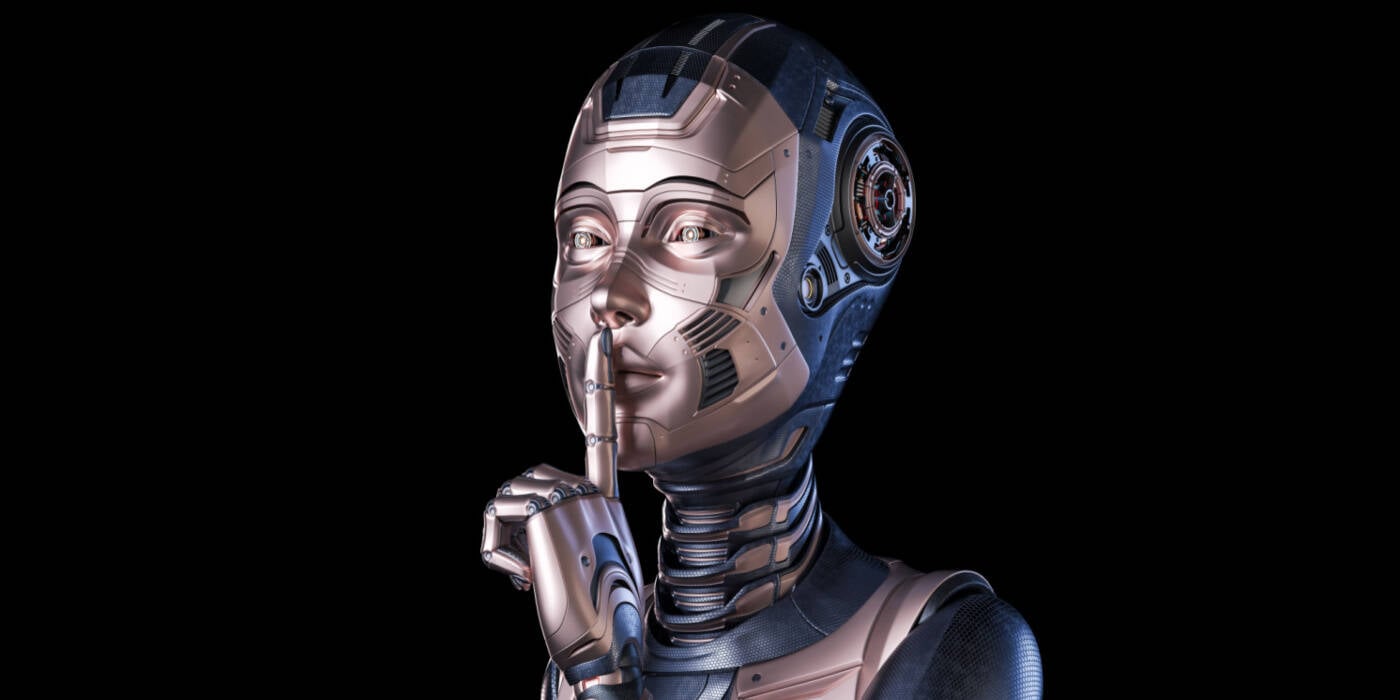








































































































































![[The AI Show Episode 145]: OpenAI Releases o3 and o4-mini, AI Is Causing “Quiet Layoffs,” Executive Order on Youth AI Education & GPT-4o’s Controversial Update](https://www.marketingaiinstitute.com/hubfs/ep%20145%20cover.png)


















































































































































































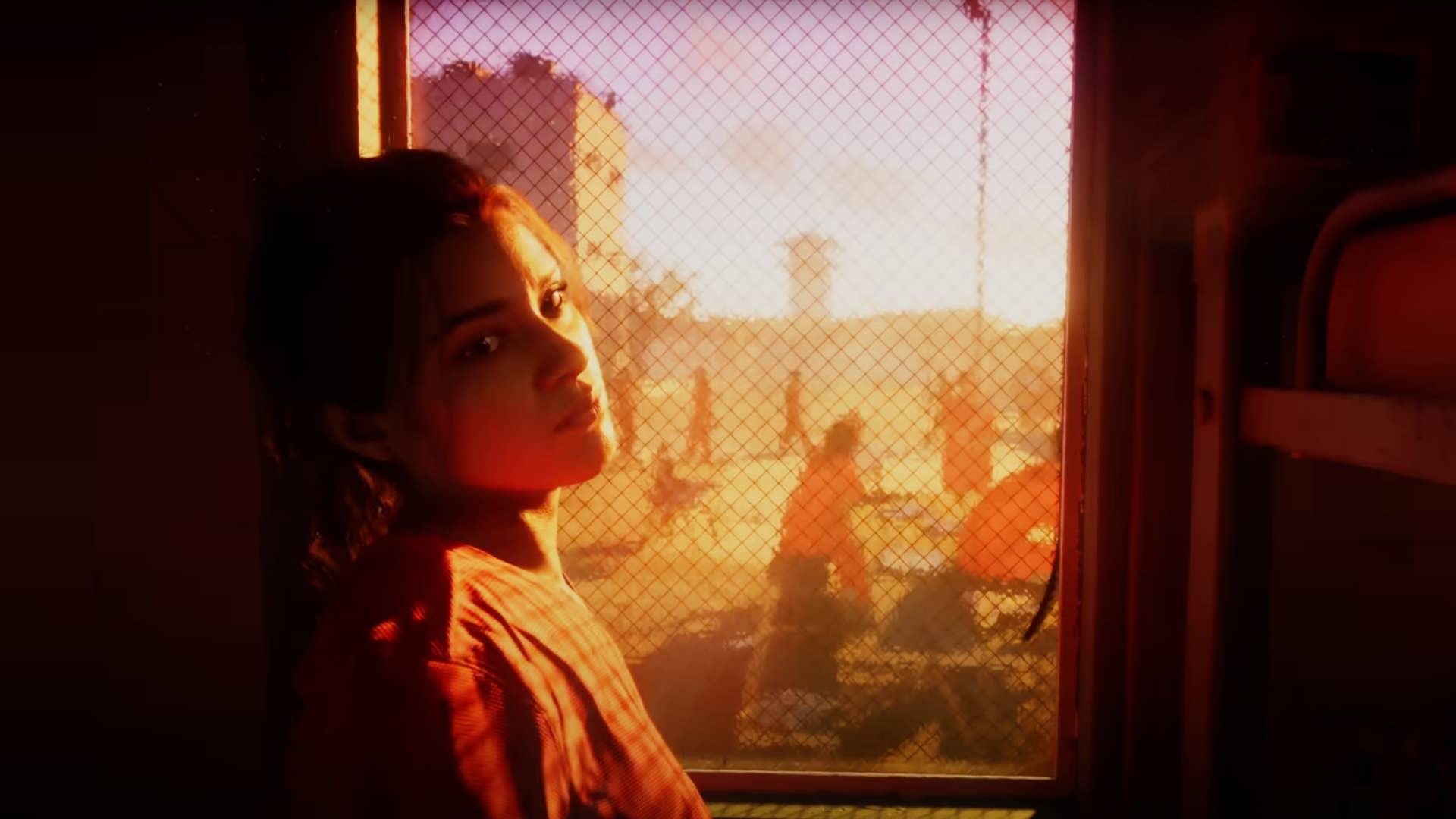





























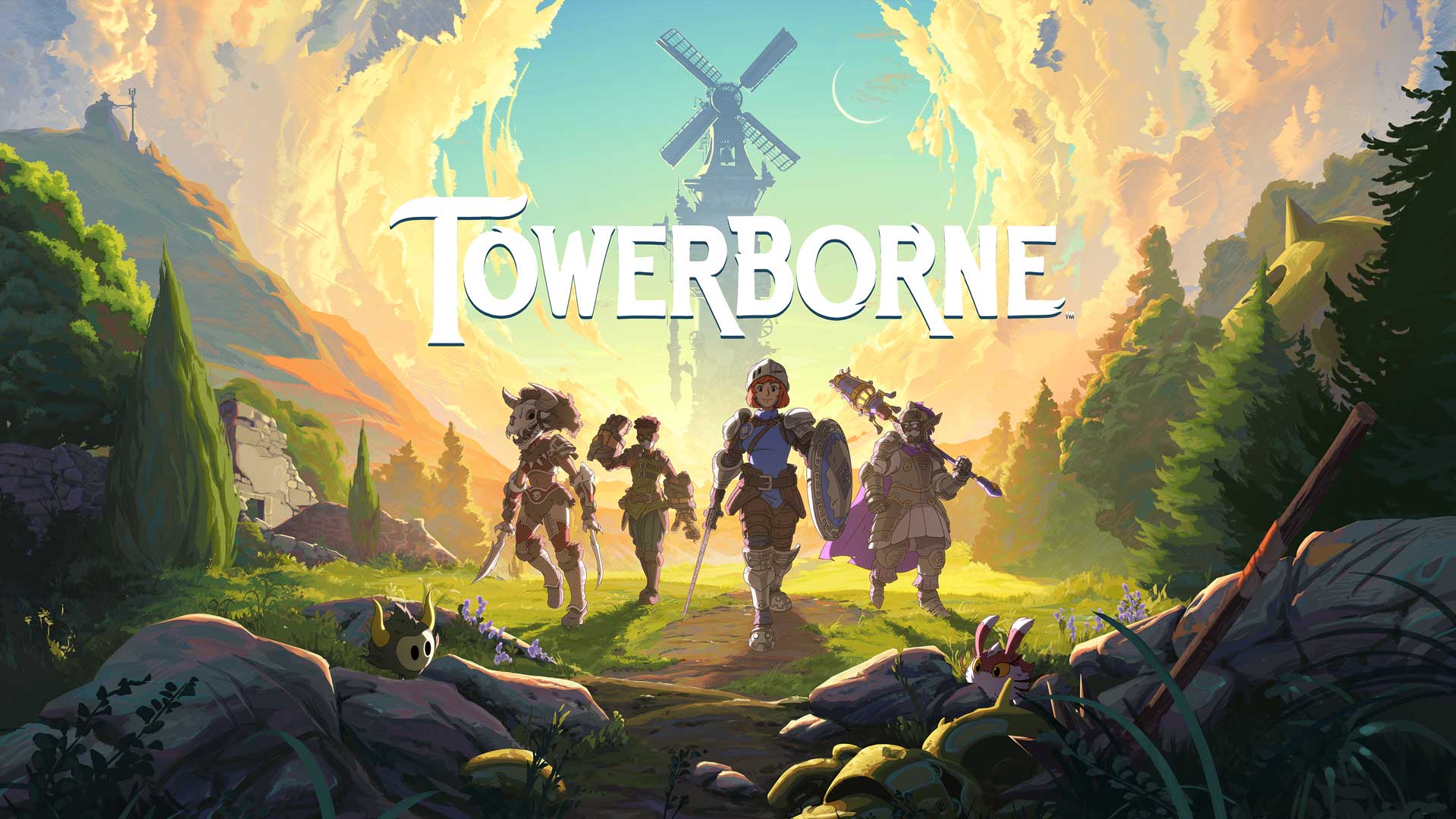







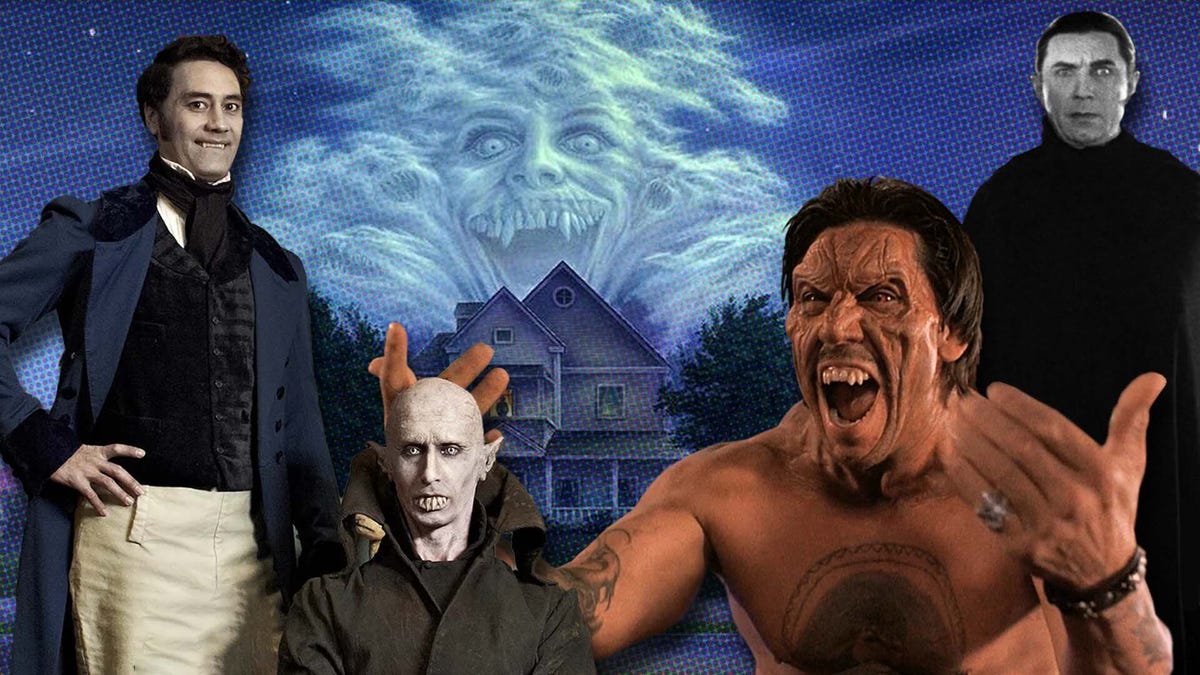














































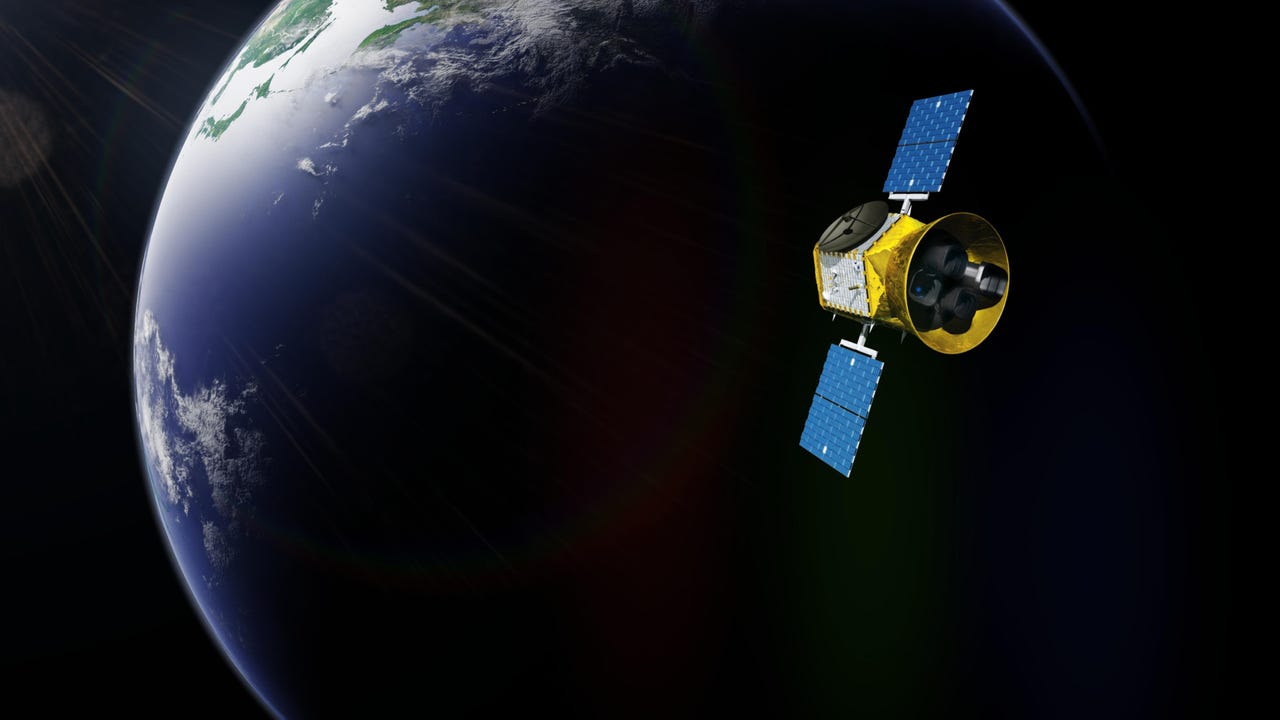

_NicoElNino_Alamy.jpg?width=1280&auto=webp&quality=80&disable=upscale#)








































































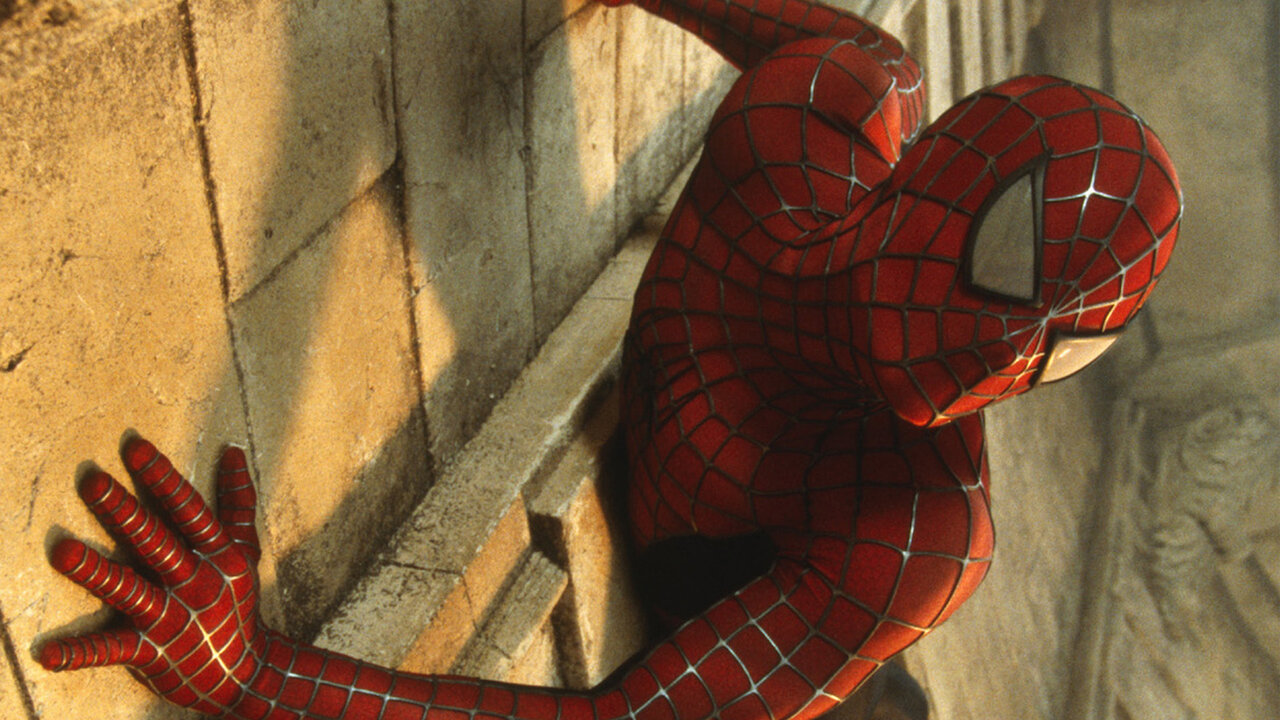




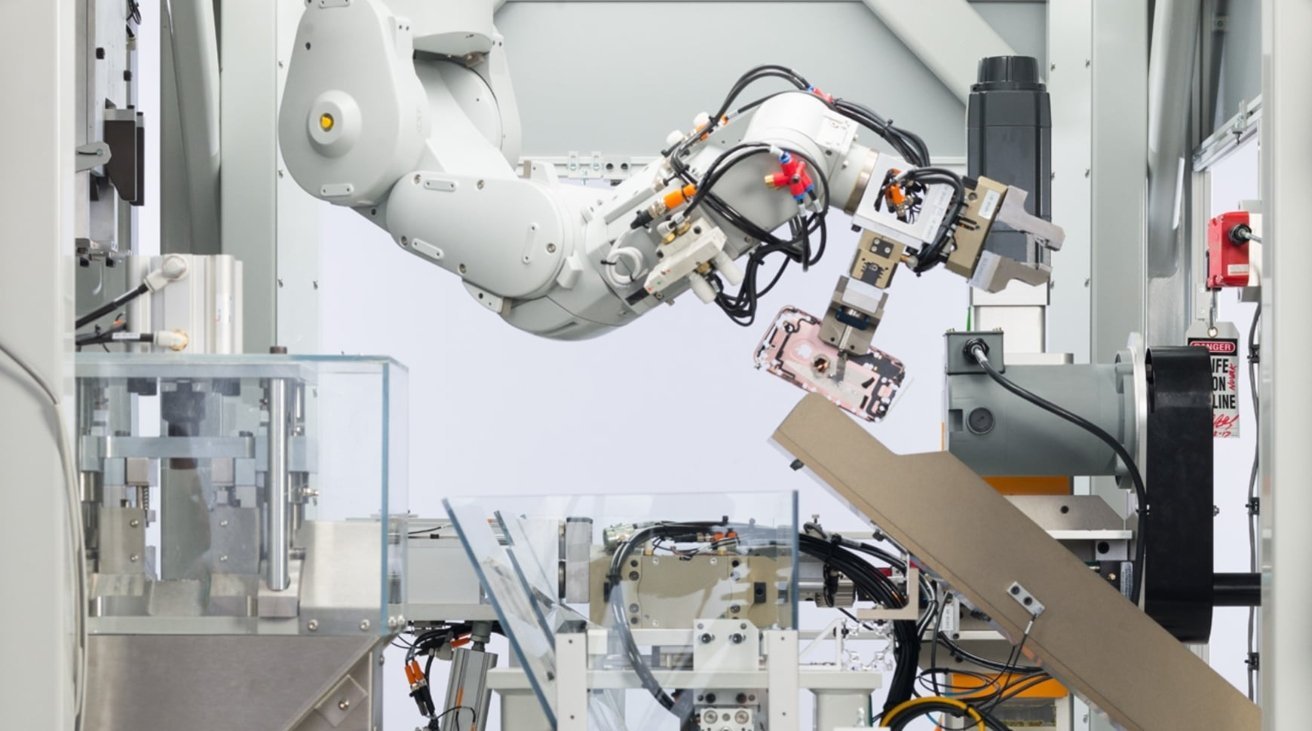






























![Standalone Meta AI App Released for iPhone [Download]](https://www.iclarified.com/images/news/97157/97157/97157-640.jpg)

























